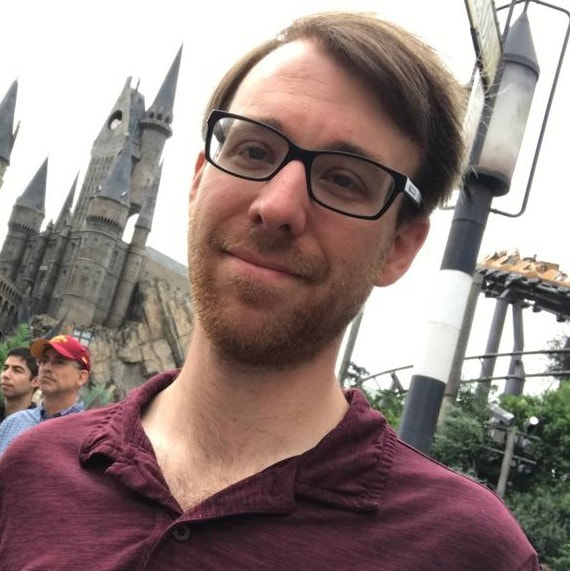| Many of us have noticed lately that prices of many products have skyrocketed. The world is facing an unprecedented energy crisis because it heavily depends on fossil fuels that have become scarce due to the COVID-19 struggles and geopolitical tensions. At the heart of this problem lies the slow energy transition that needs to transform the global energy sector from fossil-based to zero-carbon. Decarbonization will be critical not only to supply the continuously increasing energy demand, but more importantly to reduce energy-related CO2 emissions to limit climate change. The only solution will be a combination of various renewable energy technologies going from photovoltaic cells to batteries and solar fuels. Fundamentally, most of these technologies are based on (photo)electrochemical processes, which is my main scientific background. My passion for science, and chemistry more specifically, and curiosity for the unknown started right after high school and it has been a constant motivation throughput my career since then. As a result, I received my PhD in 2015 at Ghent University in Belgium by developing new corrosion protection treatments for metallic objects, gaining expertise in different fields going from electrochemistry and surface analysis to materials science. After my PhD, I had to make one of the hardest decisions in my life when I left my family to accept an offer for a postdoctoral position sponsored by the Office of Naval Research at the Georgia Institute of Technology in the Reynolds Research Group. Next to adapting a completely new lifestyle, I also switched from working with metals to semiconductors, which geared my research to the world of semiconductor electrochemistry. I quickly realized that the fundamentals for many renewable technologies required an often ignored and/or incorrectly used deep electrochemical background, which started my crusade for teaching the correct science to students. Thrown in the world of conjugated polymers, I engineered novel transparent electrodes and device structures for electrochromic devices but was also involved in understanding ion-electron conducting mechanisms, internal resistances and charging effects within redox-active devices for applications such as supercapacitors and switchable elements for frequency-agile antennas. I am convinced that this work in combination with absorbing much of the knowledge from other group members on organic photovoltaics, conjugated polymer synthesis and device manufacturing makes me to the mature scientist I am today. In 2020, I decided to move even further west to the University of Arizona to work under the supervision of Dr. Erin Ratcliff and Dr. Neal Armstrong on the electrochemical processes within optoelectronic devices to solve stability, manufacturing, and characterization problems, which remain the main issue for their further commercialization. Critical to understand degradation processes, I have been developing electrochemical approaches to study the defect (electro)chemistry in material and device stacks with unprecedented detection limits under operating conditions. Overall, the advanced electrochemical characterization platform we created is crucial towards the search for low cost, improved and stable (opto)electronic materials to realize industry-scalable technologies in the field of photovoltaics, charge storage systems, photoelectrochemical cells, etc. This platform I developed has led me to improve my experiences as an inventor and to start competing for research funding. My goal is to pursue highly impactful studies that will help and accelerate the development of renewable technologies to reach our 100% clean energy future. |
|
0 Comments
|
SpotlightEach month we'll feature a Postdoctoral Scholar and their research, sharing their experiences from the UA, life in Arizona and their research interests. Archives
November 2022
Categories |

 RSS Feed
RSS Feed
